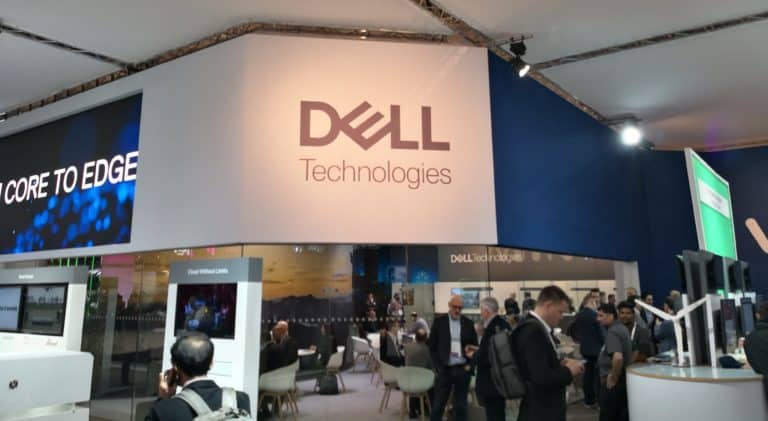Dell Technologies is selling iPaaS subsidiary Boomi to venture capitalists Francisco Partners and TPG Capital. With the sale, Dell Technologies wants to focus more on its own infrastructure and applications for hybrid and private cloud.
After several weeks of rumours, which we wrote about earlier, the final decision has been made. Dell Technologies is again saying goodbye to a well-known subsidiary, this time Boomi. The tech giant is selling its iPaaS platform to venture capitalists Francisco Partners and TPG Capital for a price of about 3.3 billion euros (4 billion dollars). The acquisition is expected to be completed by the end of this year.
With the sale, Dell says goodbye to its low-code iPaaS platform that allows companies to integrate different applications. The platform also helps customers discover, manage and orchestrate data. Boomi became part of Dell Technologies in 2010 for an undisclosed sum. The new owners, Francisco Partners and TPG Capital, want to continue Boomi’s success as an independent company.
Tip: Dell Boomi takes complexity out of integrations with iPaaS software
New strategy
The sale of Boomi is partly motivated by Dell Technologies’ new strategy. The tech giant says it is increasingly focusing on modernising its own core infrastructure solutions and applications and those of its PC business. This is to enable customers to do anything, from any environment or location.
More focus on hybrid and private cloud
Specifically, Dell Technologies will increase its focus on solutions and applications for hybrid and private cloud, edge environments and the telecom sector. Furthermore, the tech giant also wants to put more energy into its SaaS portfolio or Project APEX, which we already wrote about at the end of last year.
Dell Technologies has been adapting its portfolio for some time now. Besides Boomi, the tech giant also recently said goodbye to VMware. In addition, the tech giant has divested itself of more acquisitions in recent years. These include Quest Software, security specialist RSA, SonicWall, Pivotal and SecureWorks.
